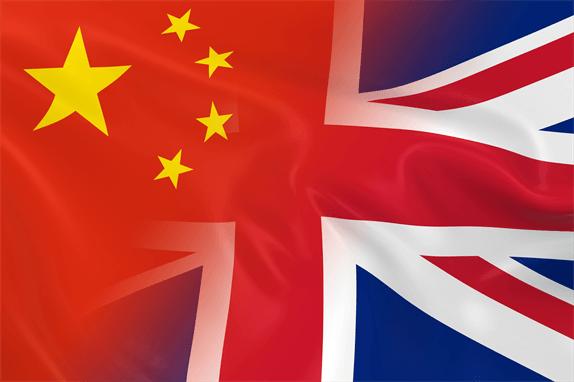
We have just launched the new edition of our Doing Business in China guide. The guide will provide you with basic knowledge about China; an overview of its economy, business culture, potential opportunities and identify the main issues associated with initial research, market entry, risk management and cultural and language issues.
Here are some interesting things to know about doing business in China:
1. China is hungry for quality British goods and services. UK exports to China have surged by over 60% since 2010, making China the UK's largest export destination outside of Europe and North America.
2. The Chinese believe in fostering meaningful long-term relationships and you'll need to understand that the concepts of "Mianzi" – i.e. the idea of saving face – and "Guanxi" – which roughly translates as "relationships" or "connections" – are a crucial part of business life in China.
3. In order to communicate effectively in China, it is essential to communicate in Chinese, so if you don't speak Chinese a good interpreter will be key to successful business relationships.
4. It is best to maintain composure when dealing with Chinese business people, the most you can do is use kind words, politeness or a faint smile. No matter how grateful you are, do not bring a gift and do not tip in a restaurant.
5. Regarding decision-making, the Chinese tend to extend negotiations far beyond the agreed deadline to gain some advantage. Be prepared for that: accept their delays and do not mention deadlines.
6. Business hours are 8:00 am to 5:00 pm, Monday to Friday. Many Chinese workers take a break between 12:00 and 2:00 pm, during which almost everything stops from working - from lifts to phone services.
7. In China, governmental agencies have their hands in everything. However, it's important to remember that in many cases, local bureaucrats may be more prominent than the central Chinese authority. Accordingly, it's crucial to study the political landscape of the area where you will be operating and learn how to navigate the unique mix of centralisation and decentralisation that is present throughout the economy.
8. The number 8 has long been regarded as the luckiest number in Chinese culture. With pronunciation of 'Ba' in Chinese, no. 8 sounds similar to the word 'Fa', which means to make a fortune. It contains meanings of prosperity, success and high social status too, so all business men favour it very much.
Want to learn more? Our new 'China Without Fear' one-day training course, in partnership with the China-Britain Business Council, will help guide you through the intricacies of doing business in this dynamic country. Find out more.



